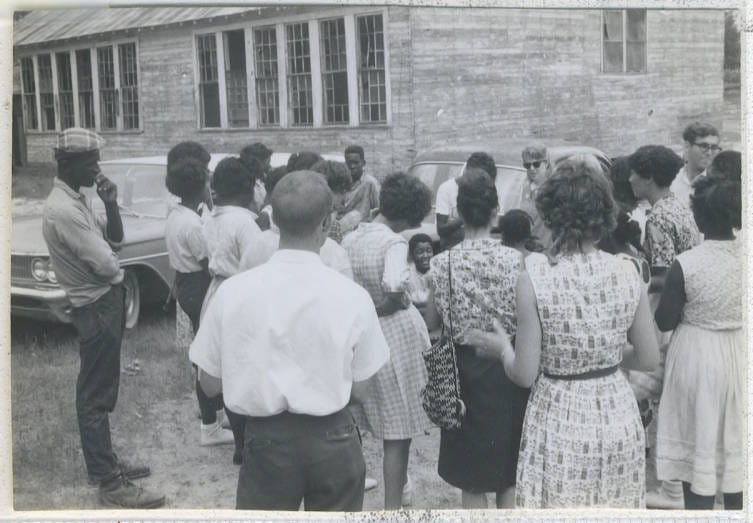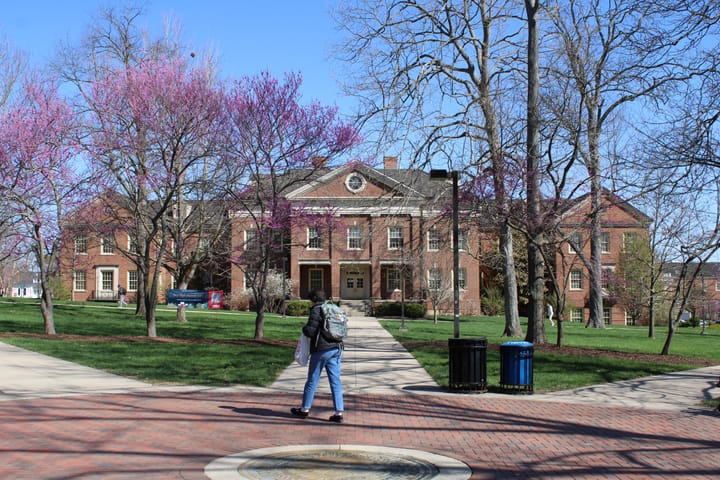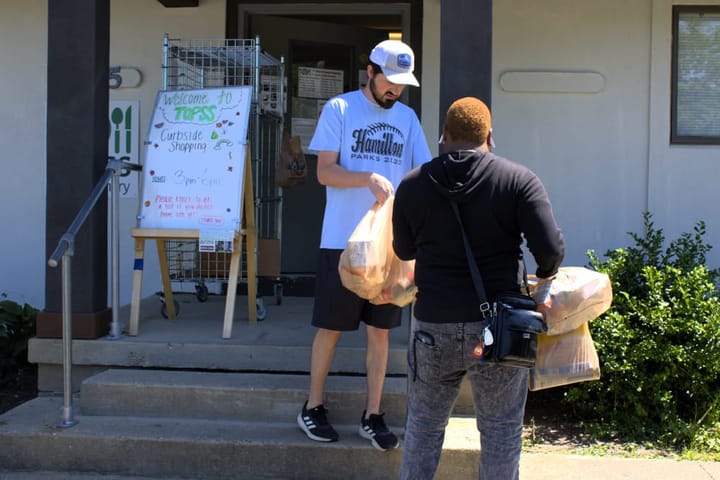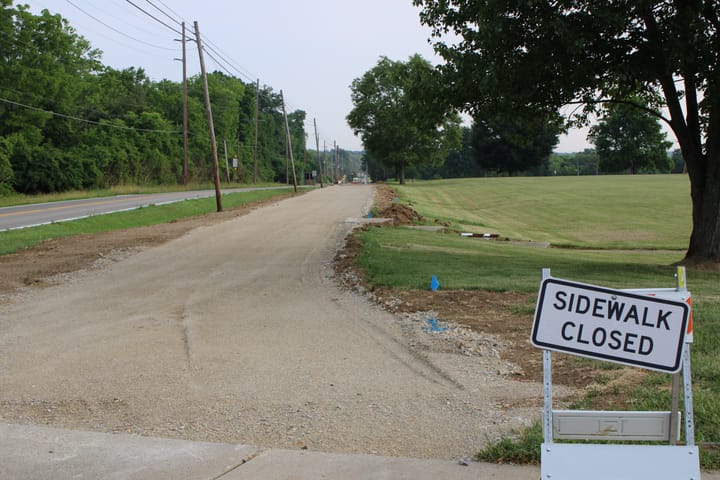By the time Roland Duerksen decided to get involved in the Freedom Summer movement, he was already well into his life and career.
"I was married," the retired professor, now 97, said. "I was 37 years old at the time, so you know how old I am now. And we had three children."
Duerksen was a professor of English at Purdue University in 1964. That year, a friend told him hundreds of students and other activists would gather at the Western College for Women to train for Freedom Summer, a coordinated effort to register Black voters in Mississippi.
Training began on June 14 and ran through June 27. Three activists who had gone down to Mississippi already — James Chaney, Andrew Goodman and Michael Schwerner — went missing on June 21, 60 years ago today. Later that summer, they were found murdered.
"Black Mississippians were very, very afraid of voting and registering to vote," Duerksen remembers now, "because they knew that that was dangerous for them."
Duerksen didn't get to come to Western College in Oxford that summer, but he did spend weeks in Mississippi volunteering at a Freedom School to educate Black students. Four years later, he moved to Oxford to teach at Miami University, which would later acquire Western College in 1974.
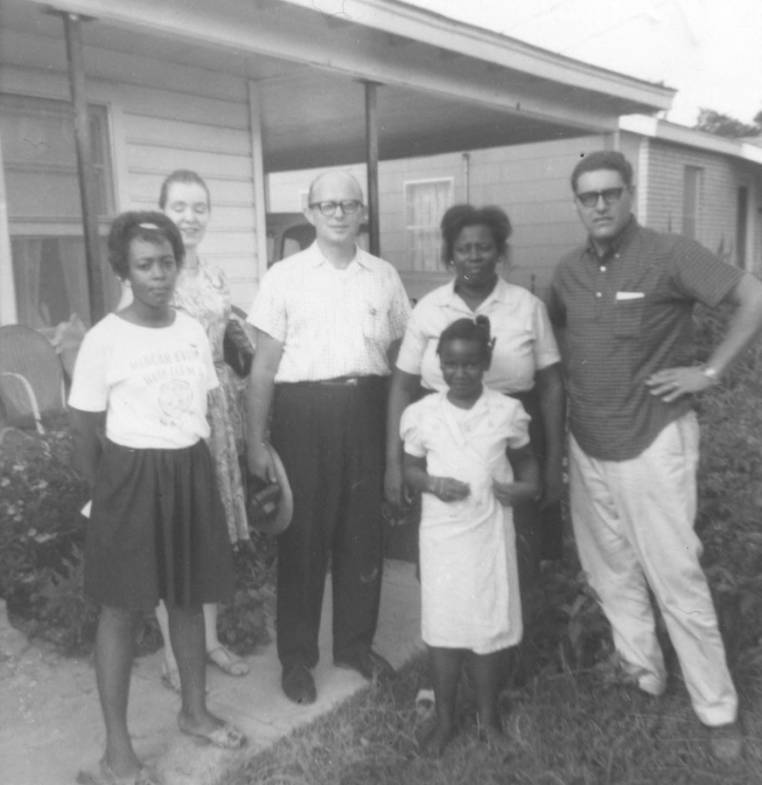
Six decades is a long time for change, and Duerksen has seen Oxford grow into a more accepting community since his first time visiting as he looked for housing in the 1960s. He remembers when his car "conked out" on the street once, a local picked him up to help. It was a Saturday, though, and only one mechanic was open. The local asked Duerksen if he would mind going to a Black mechanic's shop, a question he couldn't imagine being asked today.
It's not just the attitudes of locals that have shifted. Duerksen says Miami has changed for the better on social issues, too.
"The fact that Miami has taken over Western College, taken it over in the sense of commemorating [Freedom Summer], they're quite happy to do that," Duerksen said. "I don't know that they were opposed to that movement, but the Friends of Freedom Summer were the ones who were supporting it around here. It wasn't, I think, the university that was supporting Western."
How Oxford and Miami honor the legacy of Freedom Summer today
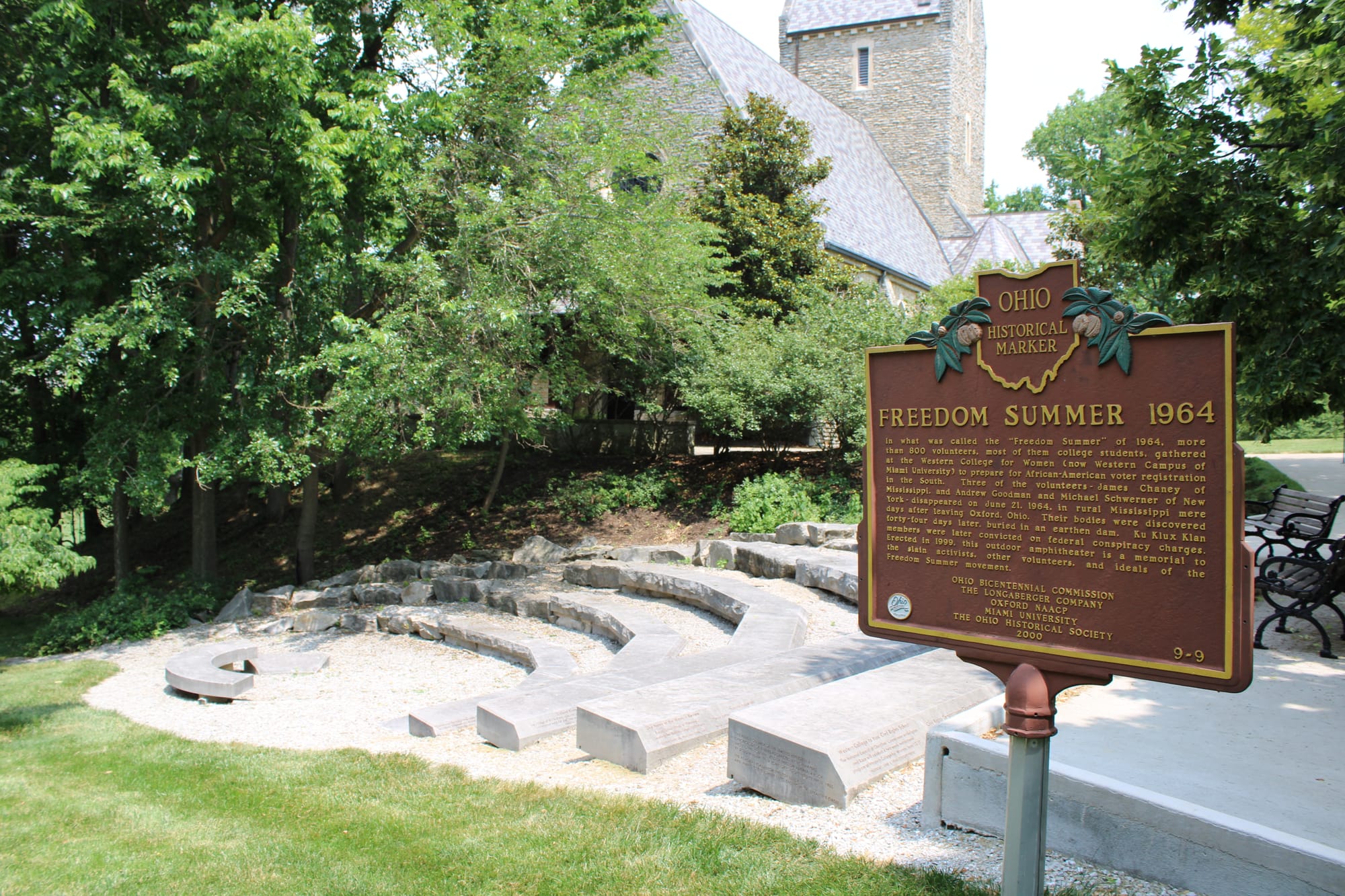
Jacqueline Johnson, a university archivist, has worked with Miami's Freedom Summer collection since 2006. She said it's one of the university's most popular collections among students and teachers who frequently use it for classes, from showing photos to listening to recordings.
"They use all aspects of it ... A lot of people come to Miami, and they don't know about Freedom Summer," Johnson said. "They get here and they're surprised, so [the collection] helps them understand more about history."
In 2000, Miami dedicated a memorial to Freedom Summer on Western Campus to further honor its legacy and the three civil rights workers who died. Johnson said the memorial is now a part of Oxford's self-guided Black history tour.
Miami has also established the Freedom Summer of '64 Award in 2018 to honor civil rights leaders. This year, the Western College Alumnae Association received the honor. The association formed 50 years ago as the college's last class graduated before the campus was incorporated into Miami.
Johnson, an honorary alumna of Western College, spoke during the ceremony because of her previous work in preserving the history of Western College and Freedom Summer. In 2013, she edited a book titled "Finding Freedom: Memorializing the Voices of Freedom Summer."
"If you're gonna talk about the history, you want to get it right, and you want to make sure it's something of interest," Johnson said. "The history of Freedom Summer is something that people are interesting, but as a person of color, a woman, I thought it would be interesting to edit a book about Freedom Summer itself."
Freedom Summer participants still raise awareness decades later
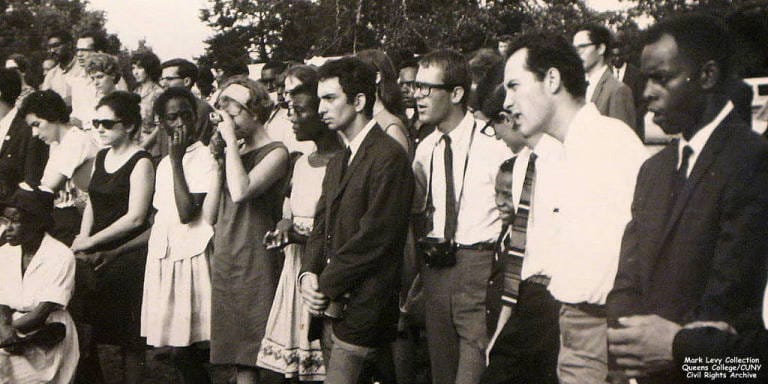
Faculty members at the university make sure to raise awareness about Freedom Summer in other ways, too.
Rick Momeyer, a professor emeritus of philosophy at Miami, volunteered as a trainer during Freedom Summer. In 2019, he took part in "Training For Freedom," a documentary about Freedom Summer produced by Miami faculty members.
In 2024, the documentary won the Peter C. Rollins & Susan W. Rollins Award for Best Documentary Film from the Popular Culture Association, and it is available to stream for free through PBS's website.
Momeyer was 22 when he made the trip from Allegheny College in Meadville, Pennsylvania, to Oxford to help as a trainer. Two years earlier, he'd helped start an exchange program with Fisk University, a historically Black college.
When Momeyer went to Fisk in January of 1962, he roomed with civil rights icon John Lewis. Now, Momeyer credits that chance meeting as a driving force behind his own interest in activism.
"When John Lewis is your roommate, you're going to jail," Momeyer said. Momeyer himself would end up in jail three times before participating in Freedom Summer for his involvement in nonviolent protests. "If you heard his stories, and you cared about justice, you had to be involved."
Lewis was the first recipient of the Freedom Summer of '64 Award in 2018, two years before his death in 2020. Back in 1964 as Momeyer was graduating college, Lewis him to spend a week training other activists in Oxford in 1964 before heading on to Georgia to help as a field secretary.
"There were much more experienced and savvy field secretaries with a lot more charisma than I had," Momeyer said. "... My contribution [at Western College] was to show how to get beat up."
When Chaney, Goodman and Schwerner went missing on June 21, Momeyer said the mood at Western College became much more serious as the risks became real. The disappearances drew national attention and publications across the country reported on the trainings in Oxford.
Still, no one balked when it was time to get on the buses and head down to Mississippi, Momeyer said, though he himself headed to Georgia.
Looking back on that summer now, Momeyer said its legacy can be felt still today in its contribution to policies like the Civil Rights Act of 1964 and the Voting Rights Act of 1965. The difference that it made to the individuals involved has also had a lasting impact, he said. Most of the volunteers continued to be involved in various rights movements after that summer.
"The longer term impact, I hope, is that it communicates to successive generations of young people that they are powerful," Momeyer said. "You are so much more powerful than you realize if you organize."


